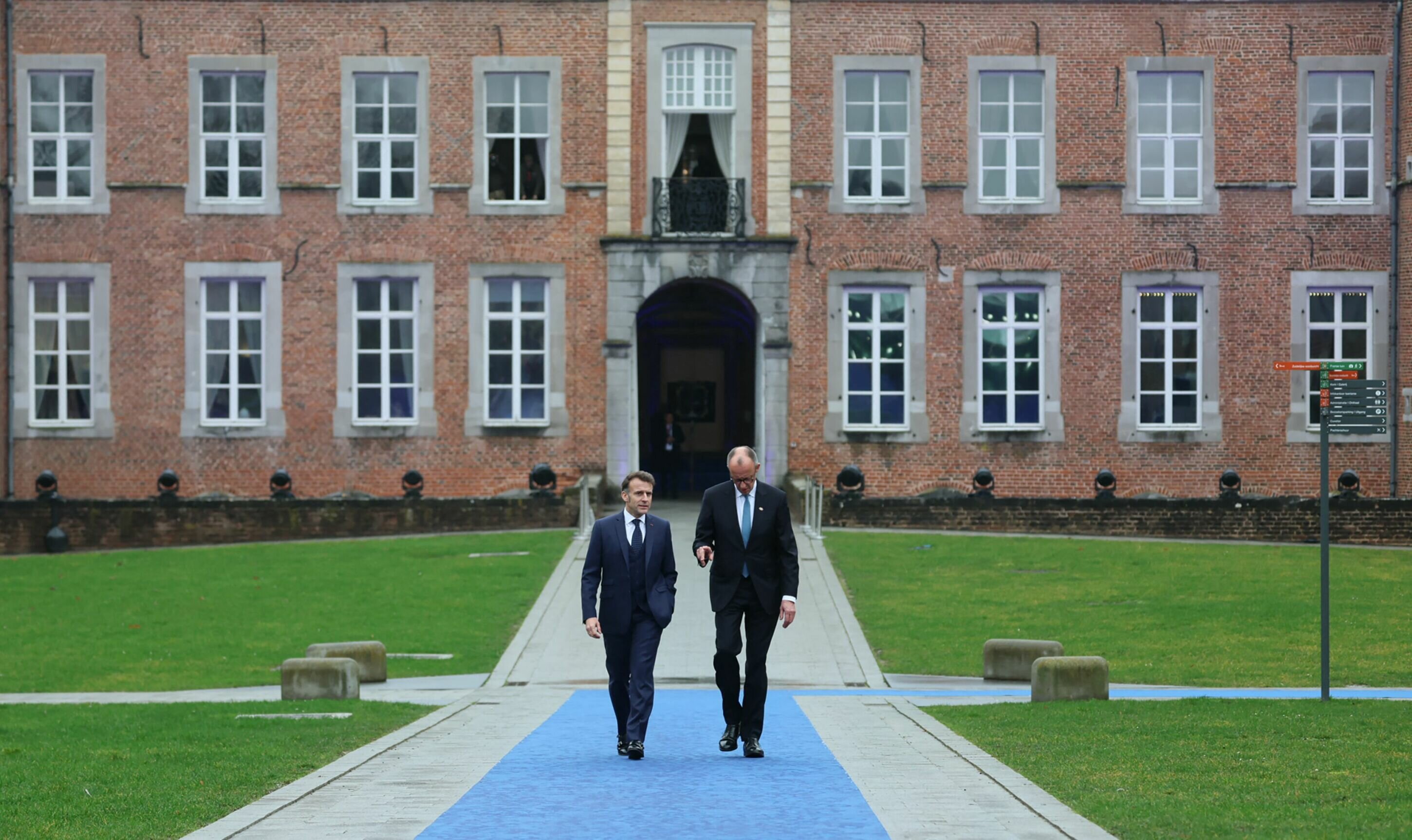EN - The proposal put forward by the Brazilian presidency of the G20 for the taxation of great wealth and supported by several European Union countries, has reached the debate in the European Parliament. The vice-president of the European Commission, Margaritis Schinas, supported the need to achieve European taxation of great wealth. The proposal involves the introduction of a 2% tax on the wealth of billionaires. The expected annual revenue is 200-250 billion dollars, to be allocated to reducing inequalities and financing social and climate projects. According to the World Bank, over the last 25 years, the richest 1% of the world's population has benefited from 38% of the overall increase in wealth, while the bottom 50% have achieved only 2%.
IT - La proposta avanzata di tassazione delle grandi ricchezze dalla presidenza brasiliana del G20 e sostenuta da diversi Paesi dell’Unione europea, è approdata al dibattito nell'emiciclo della democrazia europea.
La proposta prevede l’introduzione di un’imposta del 2% sulla ricchezza dei miliardari. Il gettito annuo previsto è stimato in 200-250 miliardi di dollari, da destinare alla riduzione delle disuguaglianze e al finanziamento di progetti sociali e climatici.
I dati ai quali si riferiscono i sostenitori della tassa sono della Banca Mondiale che ha stimato come negli ultimi 25 anni, l’1% più ricco della popolazione mondiale ha beneficiato del 38% dell’aumento complessivo della ricchezza, mentre il 50% meno ricco ha ottenuto solo il 2%.
All’interno dell’Unione, un recente sondaggio dell’Eurobarometro ha rilevato come oltre l’80% dei cittadini percepisca la crescente disparità come un problema.
Margaritis Schinas, vicepresidente della Commissione europea, ha sottolineato come sia necessario un approccio coordinato a livello internazionale, così come promosso dall’Ocse e dal G20, per garantire che le grandi fortune siano tassate equamente, indipendentemente dal luogo in cui si trovano. La lotta contro le disuguaglianze, secondo Schinas, è centrale per garantire una “transizione giusta per tutti”, promuovendo al contempo una politica fiscale progressiva a livello internazionale. L'elusione fiscale, con una aggirante mobilità dei capitali, resta però un problema, sottolinea Schinas, per tassare efficacemente le grandi ricchezze.
Il vicepresidente del gruppo Socialisti e Democratici al Parlamento europeo Gabriele Bischoff, ha messo in evidenzia l'asimmetria fra imposte sul lavoro, che rappresentano oltre il 51% del PIL europeo, mentre le imposte sul capitale costituiscono solo l’8,5%. Un sistema fiscale attuale che urge riequilibrare riducendo queste evidenti sproporzioni.
Interventi cosi autorevoli nel dibattito parlamentare europeo, testimoniano che il tema della redistribuzione sta guadagnando terreno nelle politiche europee. In Francia, il premier Michel Barnier, ha introdotto una tassazione sui connazionali più ricchi per ridurre il debito pubblico. In Spagna, il premier Pedro Sanchez, ha annunciando nuove iniziative per ridurre i privilegi delle élite economiche e aumentare la pressione fiscale sui grandi patrimoni.
Sono attesi sviluppi anche in altri Paesi europei. Sono però il Parlamento e la Commissione europea ad esser chiamati ad ulteriori ed efficaci impegni in campo di tassazione delle grandi ricchezze.
staff @euroeconomie.it
.png)








